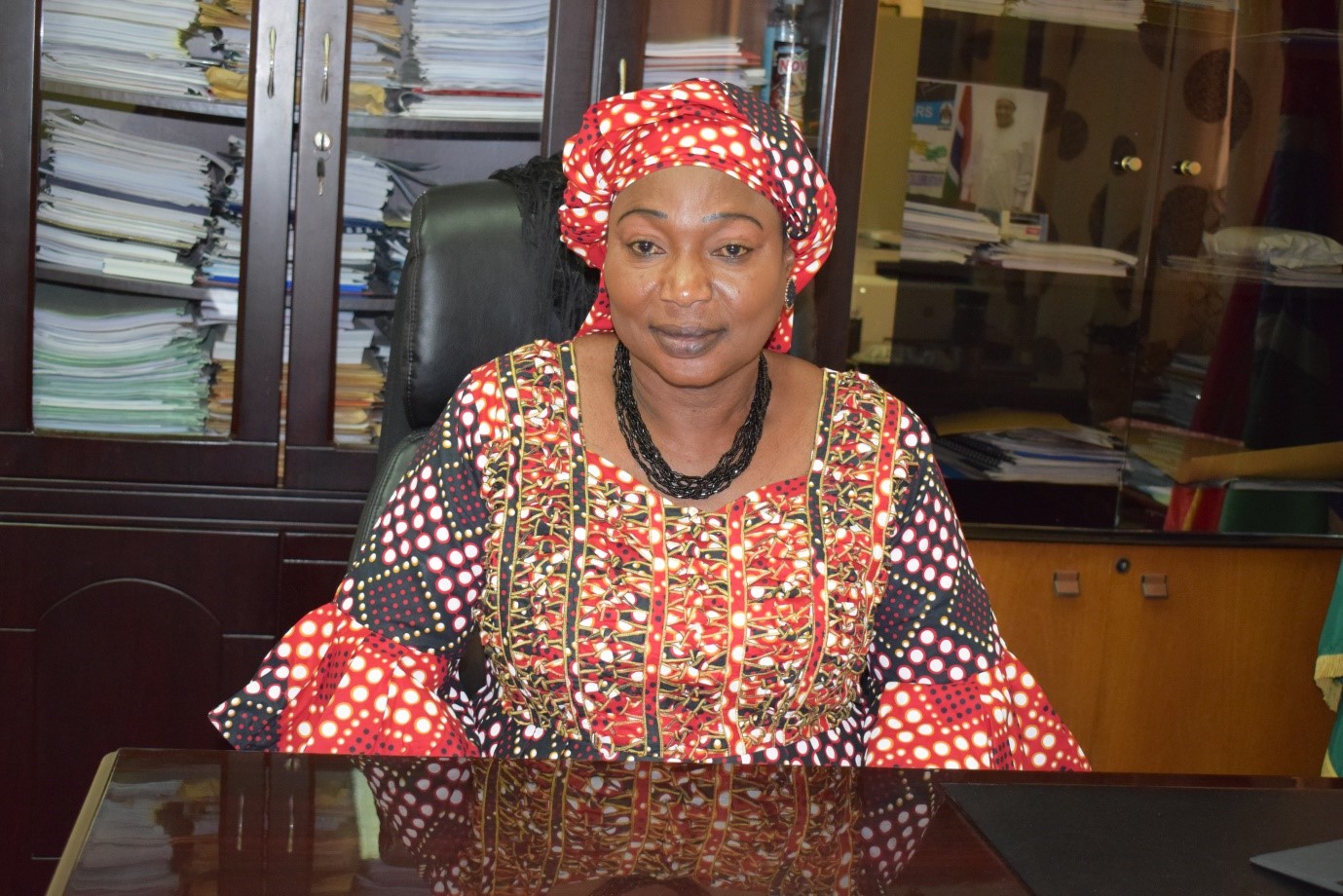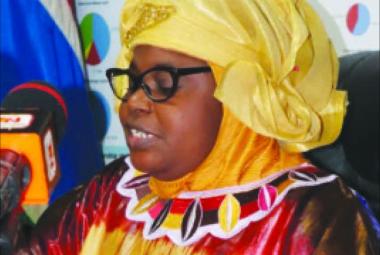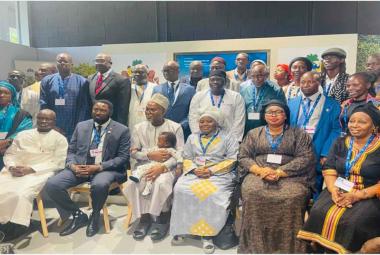In a recent stakeholders’ meeting with relevant donor partners, the Minister of Agriculture Amie Fabureh underscored the far reaching consequences of the Coronavirus disease on the different sectors of the economy, more especially agriculture. She asserted that about 80% of the population derive their livelihoods from agricultural production activities; yet, she indicated, the viral disease (COVID-19) has “exposed the population to high risk of food and nutrition insecurity with far reaching consequences especially on rural households”.
During the meeting, which was attended by officials of World Food Programme (WFP) and Food and Agriculture Organisation (FAO), the minister told partners that the pre-harvest report 2019/2020 coincided with COVID 19 and that has made farmers more vulnerable. “Presently the 2020/2021 cropping season is already affected due to 2019/2020 drought and the aftermath has coincided with COVID 19,” she explained.
With the current situation, she noted, her ministry is anticipating that farmers will use seeds reserved for planting as food and sell the rest to generate income to buy other essential food commodities. “Due to the precarious situation affecting the farming fraternity, quantity of different certified seeds would be required to address the plights of farmers in The Gambia”.
Madam Fabureh therefore called on the donors to support her ministry to address food insecurity of high vulnerable communities as indicated in the pre-harvest report.
The Permanent Secretary at the Ministry of Agriculture, Mr Momodou Mbye Jabang reiterated the challenges the farming community is facing amidst COVID-19; thus called on stakeholders to assist.






